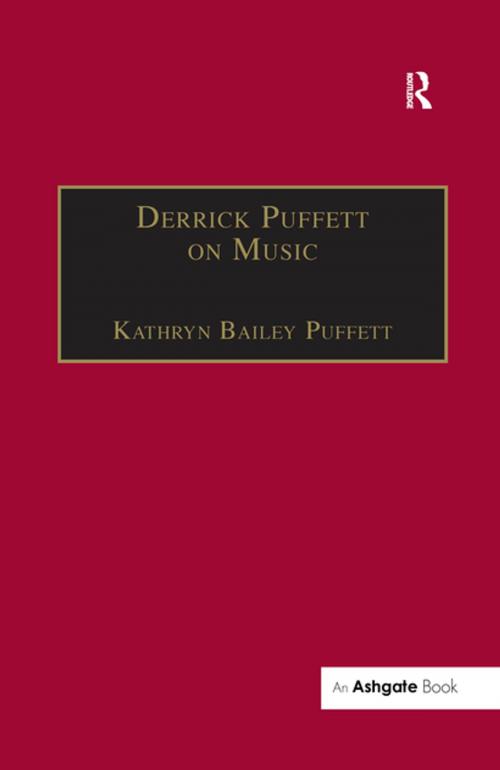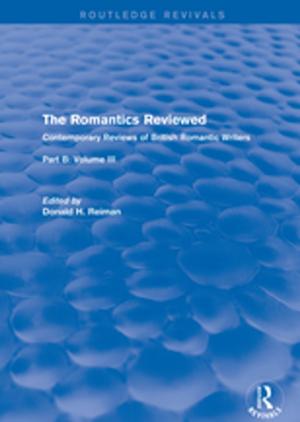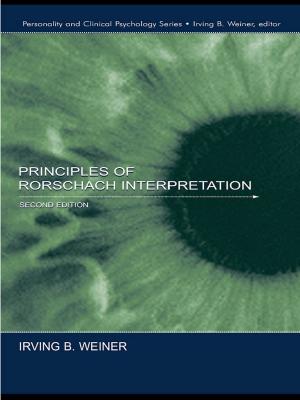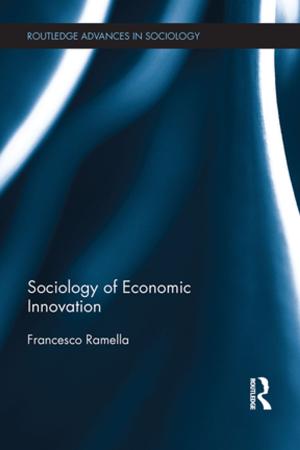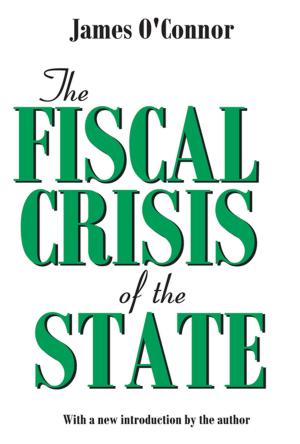| Author: | ISBN: | 9781351569736 | |
| Publisher: | Taylor and Francis | Publication: | July 5, 2017 |
| Imprint: | Routledge | Language: | English |
| Author: | |
| ISBN: | 9781351569736 |
| Publisher: | Taylor and Francis |
| Publication: | July 5, 2017 |
| Imprint: | Routledge |
| Language: | English |
'I listen to a piece and ask myself what has made the greatest impression on me. What has moved me the most about it, what has excited me the most, what it is I want to write about, what sets my mind working, what sets off my imagination.' Derrick Puffett's description to a group of Cambridge graduate students of his approach to listening and writing about music is clearly evident in the articles reprinted in this collection. For the first time, the book makes available in one place writings previously widely dispersed amongst many journals and symposia. Resonances emerge that cross from essay to essay, with the result that a larger, coherent project is revealed. Insistent on the need of music analysis to be accompanied by a wider historical knowledge, Puffett believed strongly that the methods to be adopted on each occasion must be dictated by the music at hand. His work on Bruckner, Strauss, Webern, Zemlinsky, Delius and Debussy is of enduring importance to the study of music. With a prose style distinguished for its elegance and clarity, Puffett's writings will enhance the understanding and enjoyment of the music that he discusses amongst students and teachers alike.
'I listen to a piece and ask myself what has made the greatest impression on me. What has moved me the most about it, what has excited me the most, what it is I want to write about, what sets my mind working, what sets off my imagination.' Derrick Puffett's description to a group of Cambridge graduate students of his approach to listening and writing about music is clearly evident in the articles reprinted in this collection. For the first time, the book makes available in one place writings previously widely dispersed amongst many journals and symposia. Resonances emerge that cross from essay to essay, with the result that a larger, coherent project is revealed. Insistent on the need of music analysis to be accompanied by a wider historical knowledge, Puffett believed strongly that the methods to be adopted on each occasion must be dictated by the music at hand. His work on Bruckner, Strauss, Webern, Zemlinsky, Delius and Debussy is of enduring importance to the study of music. With a prose style distinguished for its elegance and clarity, Puffett's writings will enhance the understanding and enjoyment of the music that he discusses amongst students and teachers alike.
